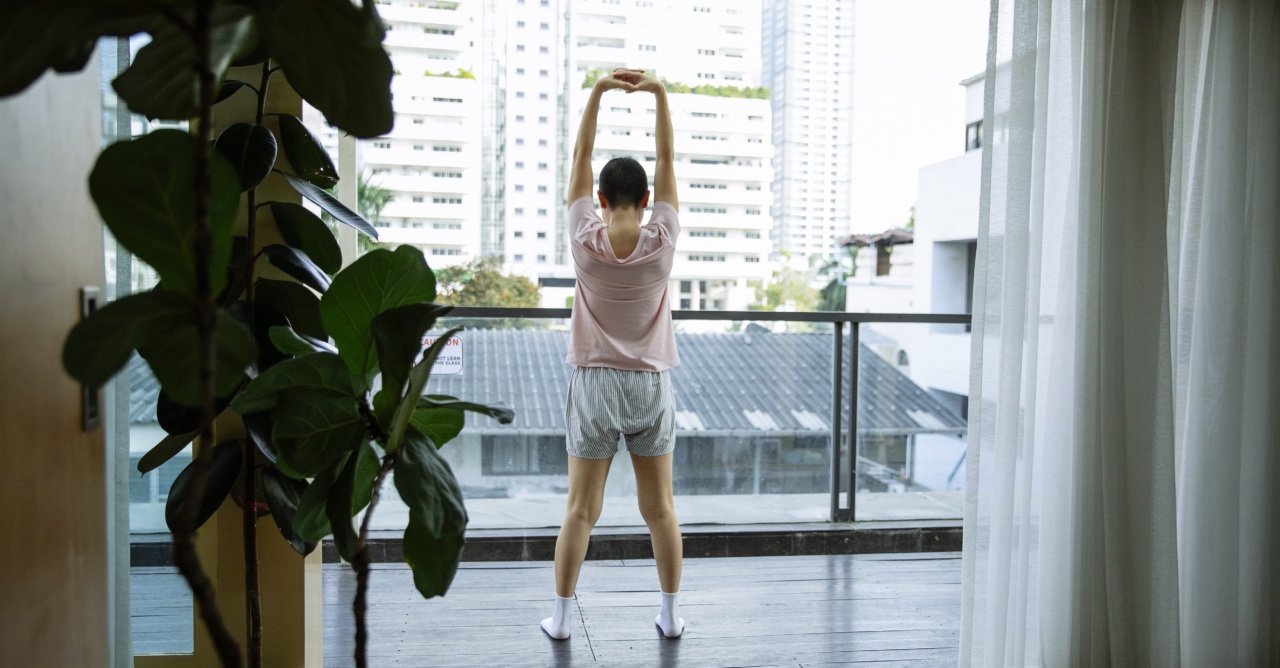Dealing with cancer is an incredibly challenging journey, both physically and mentally. The grueling treatments and medications, along with emotional upheaval, can leave patients feeling exhausted and fatigued.
However, research has shown that incorporating exercise into cancer treatment can have significant benefits in combating cancer-related fatigue.
Understanding Cancer-Related Fatigue
Cancer-related fatigue is a distressing and debilitating symptom that affects a large number of cancer patients. It is different from the normal tiredness experienced by healthy individuals and is often described as overwhelming exhaustion.
This type of fatigue does not go away with rest and can severely impact a person’s quality of life.
Several factors contribute to cancer-related fatigue, including the direct effects of cancer on the body, treatments like chemotherapy and radiation, underlying health conditions, and emotional distress.
Fatigue can persist long after cancer treatment is completed, making it crucial to find effective strategies to manage and overcome this debilitating condition.
The Role of Exercise in Managing Cancer-Related Fatigue
Traditionally, cancer patients were advised to rest and conserve their energy during treatment. However, studies have shown that incorporating exercise into a cancer care plan can alleviate fatigue and improve overall well-being.
Exercise not only boosts physical strength but also has psychological and emotional benefits that positively impact a patient’s mindset.
1. Enhances Energy Levels: Engaging in regular physical activity can increase energy levels and counteract the feeling of fatigue.
Exercise stimulates the production of endorphins, the body’s feel-good hormones, which naturally boost energy and decrease fatigue.
2. Improves Physical Functioning: Cancer treatments can take a toll on a patient’s physical functioning.
Regular exercise helps to maintain muscle strength, improve endurance, and enhance flexibility, allowing patients to regain their physical abilities and independence.
3. Reduces Cancer Treatment Side Effects: Physical activity has been shown to minimize the side effects of cancer treatments, such as nausea, pain, and insomnia.
Exercise can also mitigate the adverse effects of anxiety and depression frequently experienced by cancer patients.
4. Enhances Mental Well-being: Exercise has a significant impact on mental health, providing stress relief, reducing anxiety, and improving overall mood.
Engaging in physical activity releases endorphins, which act as natural antidepressants, promoting a greater sense of well-being.
5. Boosts Immune System: Cancer weakens the immune system, making patients more susceptible to infections and illnesses.
Regular exercise helps strengthen the immune system, reducing the risk of infections and enhancing the body’s ability to fight off diseases.
6. Promotes Better Sleep: Many cancer patients struggle with sleep disturbances and insomnia. Regular exercise can help regulate sleep patterns, making it easier to fall asleep and improving the quality of sleep, thus reducing fatigue.
Choosing the Right Exercise Regimen
When incorporating exercise into a cancer treatment plan, it is essential to choose activities that are safe and appropriate for individual needs and capabilities. Here are some considerations when selecting an exercise regimen:.
1. Start Light: Begin with gentle exercises, such as walking or stretching, and gradually progress to more strenuous activities.
It is crucial to listen to your body and not overexert yourself, particularly if you are still undergoing treatment.
2. Consult with Healthcare Team: Before starting any exercise program, consult your healthcare team, including your oncologist and a certified cancer exercise specialist.
They can provide personalized recommendations and guidance based on your specific circumstances.
3. Focus on Balance: Incorporate a mix of aerobic, strength training, and flexibility exercises into your routine.
Aim for at least 150 minutes of moderate-intensity aerobic activity per week along with two or more strength-training sessions.
4. Consider Supportive Therapies: Certain exercises like yoga, tai chi, and qigong can help relieve stress, improve balance, and enhance overall well-being.
These practices blend physical movement, mindfulness, and deep-breathing exercises.
5. Stay Hydrated: It is important to drink enough water before, during, and after exercise to prevent dehydration, particularly if your treatment includes medications that cause excessive sweating.
Overcoming Barriers to Exercise
While exercise offers numerous benefits, overcoming barriers to physical activity can be challenging for cancer patients. Here are some tips to help overcome these obstacles:.
1. Set Realistic Goals: Start small and set achievable goals. Remember, even short bouts of exercise can provide benefits. Gradually increase the duration and intensity of your workouts as you build strength.
2. Find an Exercise Buddy: Exercising with a friend or family member can make the experience more enjoyable and provide extra motivation and support.
Look for cancer support groups in your area that offer exercise programs or consider joining online communities.
3. Modify Your Routine: Adapt your exercise routine to fit your changing needs. If certain activities become too challenging, explore alternatives that are less strenuous, such as water aerobics or chair exercises.
4. Break it Up: If fatigue or treatment side effects make it challenging to engage in physical activity for an extended period, break your workouts into shorter, more manageable sessions throughout the day.
5. Listen to Your Body: It is crucial to pay attention to your body’s signals. If you are feeling excessively fatigued or experiencing increased pain, take a break and rest. Pushing yourself too hard can lead to injury or setbacks.
Conclusion
While cancer-related fatigue can be overwhelming, incorporating exercise into a cancer care plan can have transformative effects.
Exercise not only helps boost energy levels and improve physical functioning but also enhances mental well-being, strengthens the immune system, promotes better sleep, and reduces treatment side effects. By selecting the right exercise regimen, consulting with healthcare professionals, and overcoming barriers, cancer patients can effectively fight fatigue and improve their overall quality of life.























